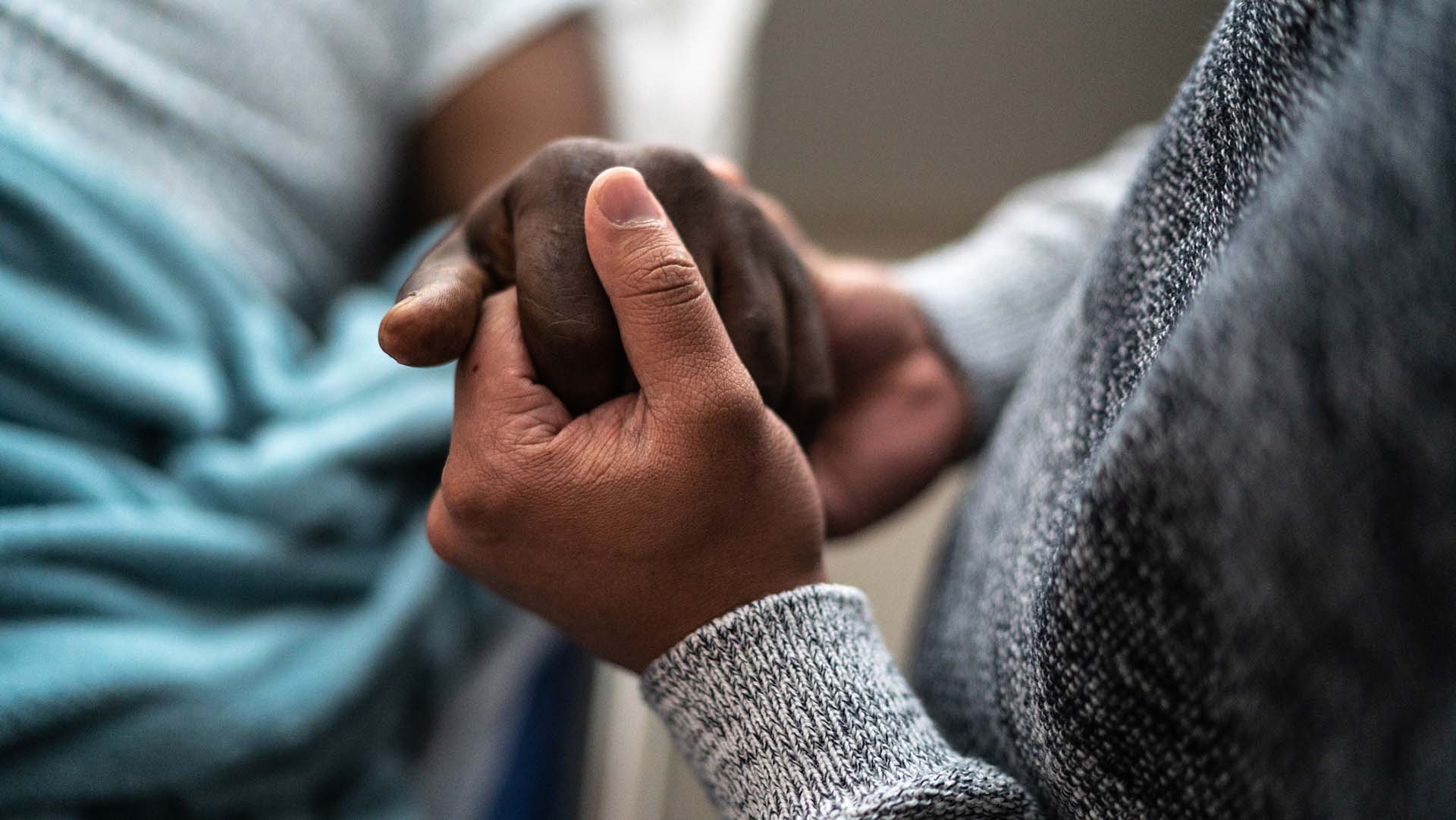Schizophrenia is a mental illness that disrupts the way a person experiences the world—what they see and hear and feel, what they believe to be true, the way they organize their thoughts and communicate with others.
While there is no known cure for schizophrenia, it is treatable. With treatment, many people living with schizophrenia are able to pursue education and careers, have good relationships with friends and partners, and live independently.
Schizophrenia affects different people, and it affects them in different ways. The specific type of care a person needs—and the best healthcare provider to oversee that care—can depend on many factors, including a person’s race and ethnicity.
The need for culturally competent care
A person’s risk of having schizophrenia can vary depending on their race and ethnicity. Compared to non-Hispanic white Americans, Black Americans are diagnosed with schizophrenia at higher rates—but also misdiagnosed at higher rates. Black Americans are also more likely to face stigma about mental health, be uninsured, and have greater difficulty accessing care.
Disparities like these show the need for culturally competent care. Culturally competent care is health care that recognizes and respects diverse beliefs, values, attitudes, life experiences, behaviors, and communication styles among different people.
Culturally competent care is essential when treating a condition like schizophrenia. In addition to medications to help control symptoms, treatment for schizophrenia involves working with a healthcare provider who can help you understand the condition, recognize symptoms, and adhere to treatment.
It’s a collaborative process between the person being treated and their provider. Mutual trust and understanding are essential to making this process work.
Describing your experience
Being able to describe your experiences with schizophrenia and treatment you have received in the past will be helpful in recognizing what you need from a healthcare provider. Here are some questions that can help you describe your experience and be ready when you sit down with a potential healthcare provider:
- When and where were you diagnosed, and what treatments have you received?
- What symptoms have you experienced? Are you currently experiencing symptoms?
- How do you describe yourself?
- Do you ever feel stigmatized because you have a mental health condition?
- How do your friends and loved ones feel about your diagnosis?
- Do you know anyone else who has schizophrenia?
- Have you had negative experiences when seeking care in the past? This can be healthcare for schizophrenia or another condition or illness.
- Do you have any concerns about taking medications for schizophrenia, such as side effects or cost or prescriptions?
- Do you have health insurance?
Finding a healthcare provider
When looking for a healthcare provider, one place to start is by asking for a referral from a healthcare provider you have worked with in the past, such as a primary care provider. Or if you have been treated at an urgent care center or a hospital, you can also try asking the providers who treated you if they have any recommendations.
If you do not have any type of primary care provider who you can ask for a referral, insurance providers, local organizations, and friends and family may be able to offer recommendations to help you get started.
- Before meeting with a healthcare provider, look at your answers to the questions above.
- Ask if the provider has experience working with people who have backgrounds similar to your own.
- Ask if they have worked with people who have cultural backgrounds that are different from their own.
- If you don’t think they are the right person, you can also ask if they know of another provider who might be a good fit for you based on your background and experiences.
After your appointment, take a moment to consider these questions.
- Do you feel like you were treated with respect?
- Do you feel your concerns were taken seriously?
- Do you feel like this person communicates well?
- Do you feel like you can relate to this person?
- Do you feel like they can relate to you?
- Do you feel comfortable sharing your experiences with this person?
If you are answering “Yes” to these questions, you may have found a healthcare provider who is a good match. If you’re answering “No,” you will need to keep looking.
Working with a healthcare provider
Working with the right healthcare provider can mean a much better outcome from treatment, and it’s worth the time and effort it can take to find the right healthcare provider.
The need for culturally competent care is not limited to treatment for schizophrenia. It’s equally important to the treatment of other mental health conditions, like depression and bipolar disorder. It’s also important to other areas of healthcare—everything from screenings for diabetes and cardiovascular disease, to the diagnosis of skin conditions (which can look different on darker skin), to navigating the treatment of serious illnesses like cancer.






